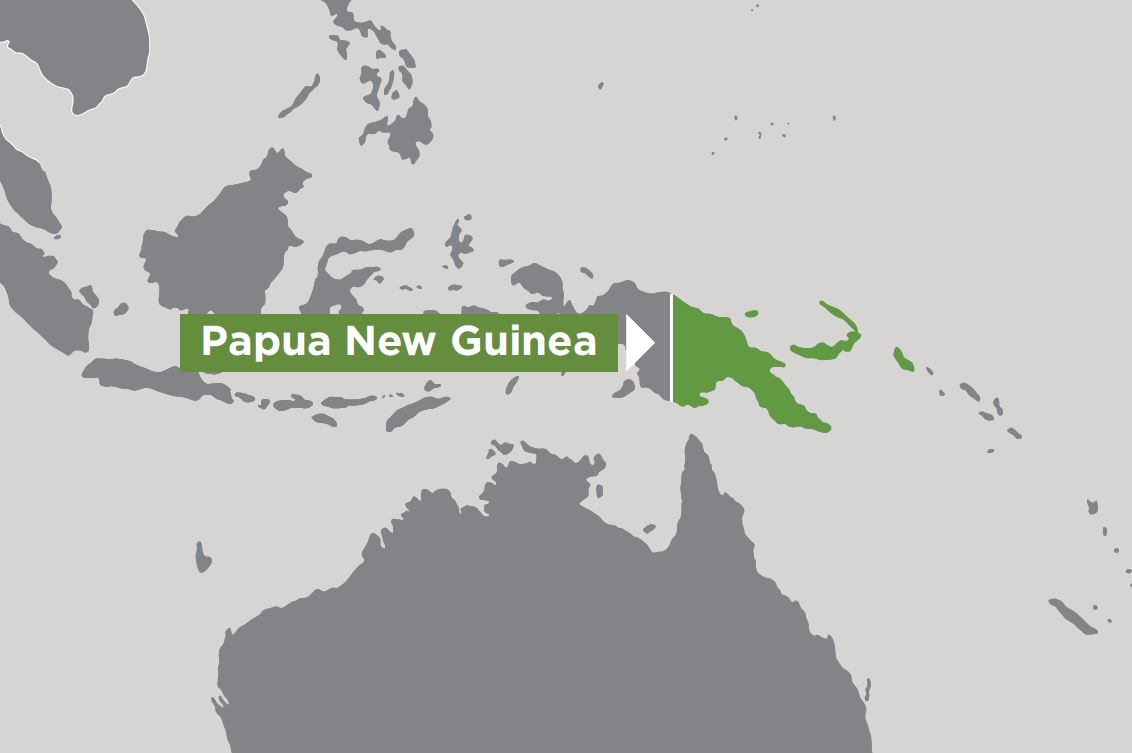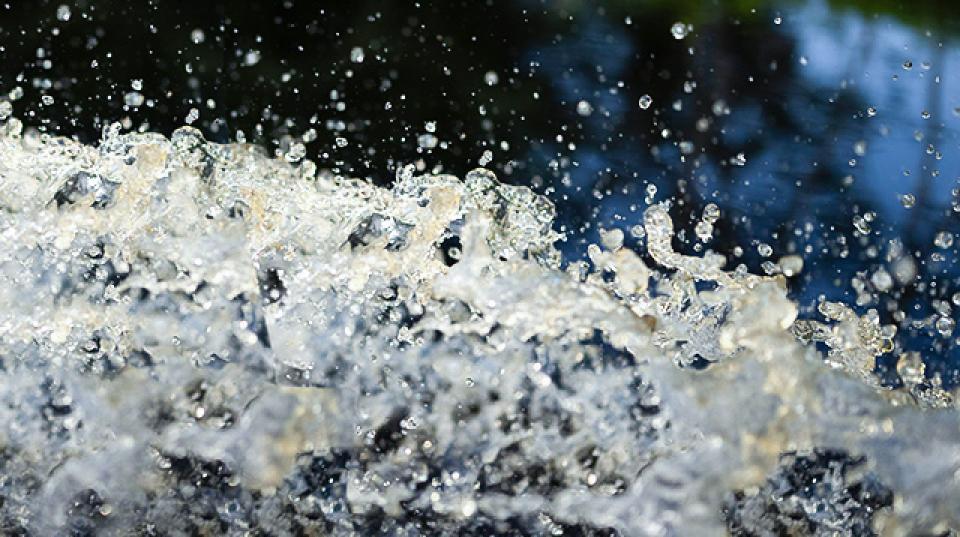Overview
This small research activity aims to undertake a network governance analysis of district water, sanitation, and hygiene committees in the South Fly and Wewak districts of Papua New Guinea.
It will explore the potential for committees to take on a broader role in water resources management at the local level by mapping the networks of stakeholders and engagement in water governance in these districts.
The project will identify those empowered and excluded from decision-making around water use and allocations. A consortium of the ANU's Development Policy Centre, WaterAid, and World Vision will examine water governance, focused on groups, including women and people with disabilities, influencing decision-making and access to water resources, to improve equitable allocation of water resources for domestic needs and small-scale agriculture.
It will consolidate knowledge and support policy and practice to link water, sanitation, and hygiene (WASH) and water resource management (WRM) governance at the local scale. Seeking the views of a range of civil society organisations that represent marginalised communities, WaterAid and World Vision recommendations will focus on how to improve marginalised groups engagement in water governance, increase access to water resources, and offer guidance to stakeholders (including donors, politicians, and agencies from all levels of government) for enhancing water resource management policies and implementation.
Project activities and expected outcomes
- Reviewing literature
- Drafting best practice guidelines on how to improve policy making, coordination and implementation based on experiences from Wewak and South Fly; also useful for other districts aiming to scale the approaches in Papua New Guinea (PNG)
- Providing research training
- Publishing blogs for devpolicy.org and approaching regional media for the republication of blogs and other findings
- Sharing findings with key research stakeholders (including officials and politicians from the national, provincial, district, and local level government, donors, and civil society), through the national WASH Taskforce and at the PNG update conference 2024 (WaterAid) after project completion
- Delivering a framework to guide the writing of one article for publication in an internationally recognised and highly ranked academic journal
- Facilitating a workshop in South Fly and Wewak to examine the findings and how these relate to operations (World Vision and WaterAid).




